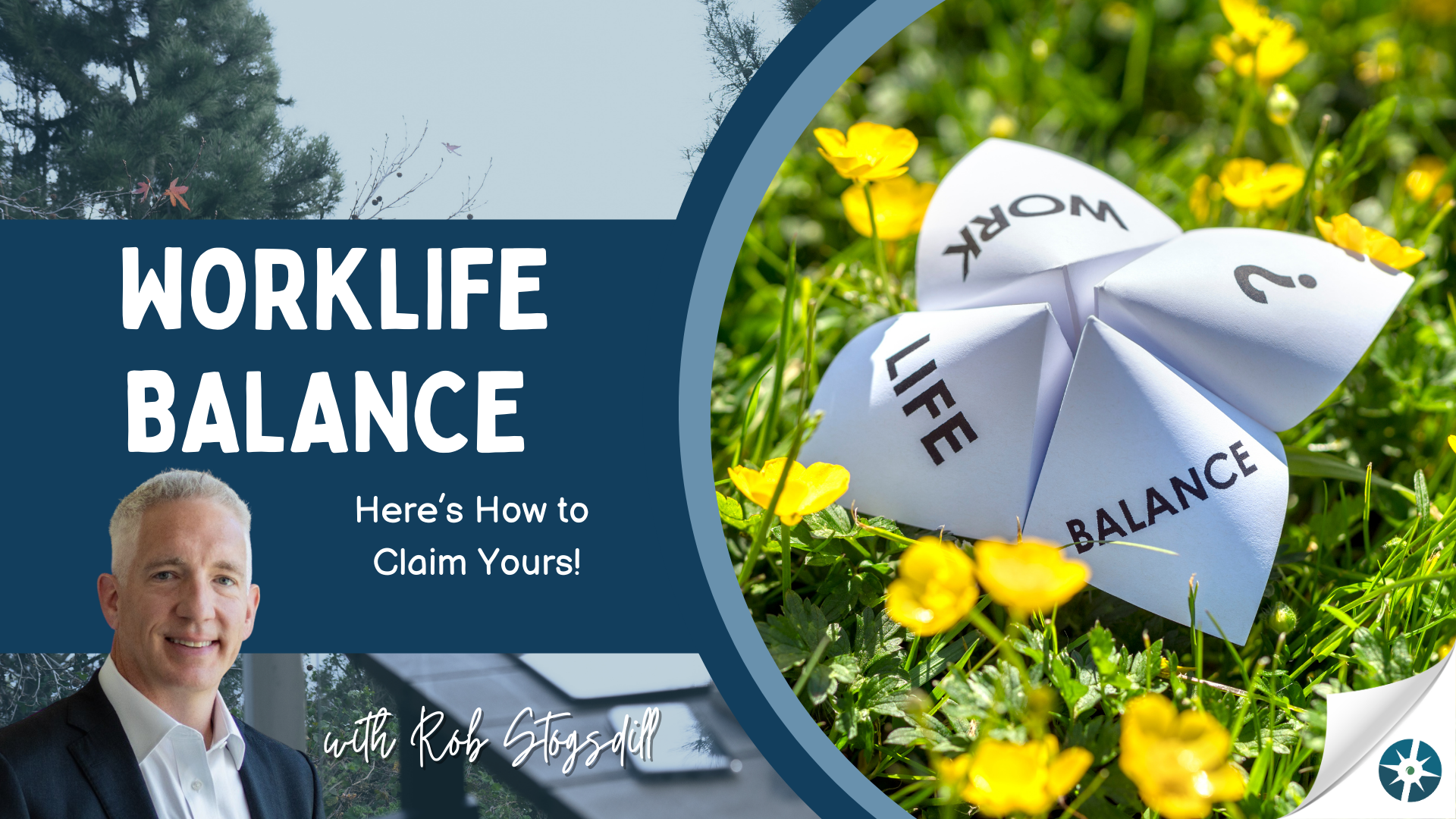For years, work-life balance has been a buzzword associated with younger professionals—often portrayed as a concept championed by Millennials and Gen Z. But let’s be clear: work-life balance isn’t a generational perk—it’s a necessity for long-term career success, fulfillment, and well-being at every stage.
If you’ve spent decades prioritizing career growth, supporting a family, or meeting endless work demands, you might have sidelined your own well-being along the way. But now, as you reach mid-career or beyond, reclaiming that balance isn’t just possible—it’s essential.
Why Work-Life Balance Matters More Than Ever
✅ Longevity in Your Career: Burnout isn’t a badge of honor. Sustainable success requires pacing yourself, not running on empty.
✅ Shifting Priorities: As life changes, so do your needs. What worked in your 30s might not work in your 50s.
✅ More Freedom, More Choices: You’ve worked hard to establish your career—now’s the time to shape your schedule in ways that truly serve you.
How to Reclaim Your Work-Life Balance
1. Define What Balance Means for You
Work-life balance isn’t one-size-fits-all. It’s about finding the right blend that aligns with your priorities.
Do you want more flexibility in your schedule?
More time for health, family, or personal projects?
A better boundary between work and home life?
Take stock of what truly matters and adjust accordingly.
2. Set (and Protect) Boundaries
Balance isn’t just about time—it’s about mental and emotional space.
Say no without guilt: Prioritize your well-being as much as you do work commitments.
Log off when the workday ends: If you’re always available, you’re never truly off.
Take breaks that recharge you: Even short breaks during the day can increase productivity and focus.
3. Leverage the Experience You’ve Earned
One of the benefits of being in mid-career and beyond? You’ve earned the right to set expectations.
If your role allows, negotiate flexible work arrangements.
Delegate tasks that no longer serve you.
Focus on impact over hours—work smarter, not longer.
Rob Stogsdill emphasizes, “Work-life balance isn’t about working less—it’s about working in a way that aligns with your values and long-term success.”
4. Make Time for What Recharges You
What brings you energy outside of work? Whether it’s exercise, creative pursuits, or simply unplugging, make it a non-negotiable part of your routine.
Block personal time on your calendar the same way you would a work meeting.
Develop habits that prioritize well-being—whether it’s a morning walk, journaling, or just a few minutes of quiet reflection.
5. Lead by Example
If you’re in a leadership role, your approach to balance sets the tone for those around you.
Encourage healthy boundaries within your team.
Respect others’ off-hours and model balance in your own habits.
Advocate for a culture where well-being isn’t an afterthought.
Final Thought: Balance Is a Leadership Skill
Work-life balance isn’t a luxury—it’s a leadership strategy. The most successful professionals don’t just excel at work; they also create sustainable careers that allow them to thrive inside and outside the office.
If you’re feeling stuck in the cycle of overwork, it’s time to take control. Let’s talk about how you can reclaim your time, energy, and focus—without sacrificing your career ambitions.
- Rob Stogsdill
